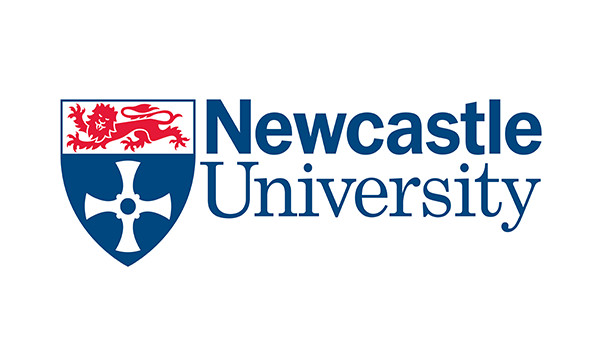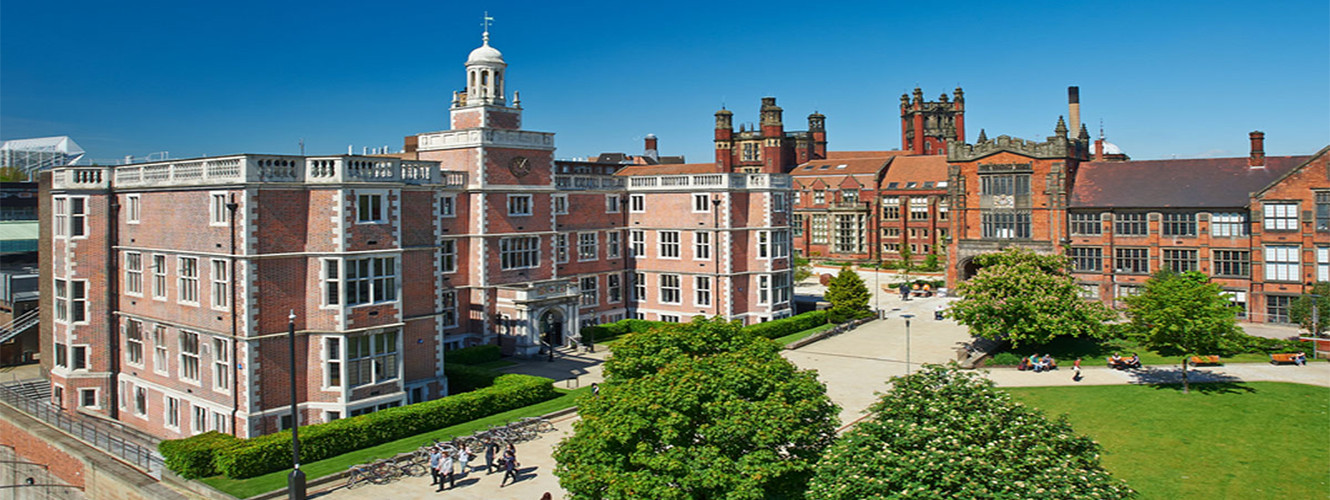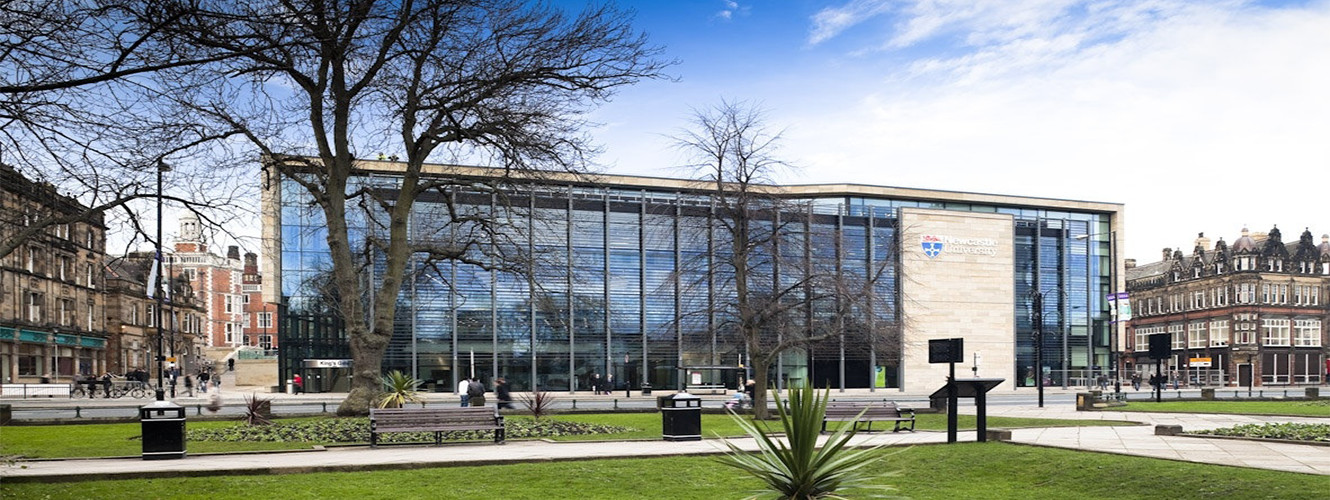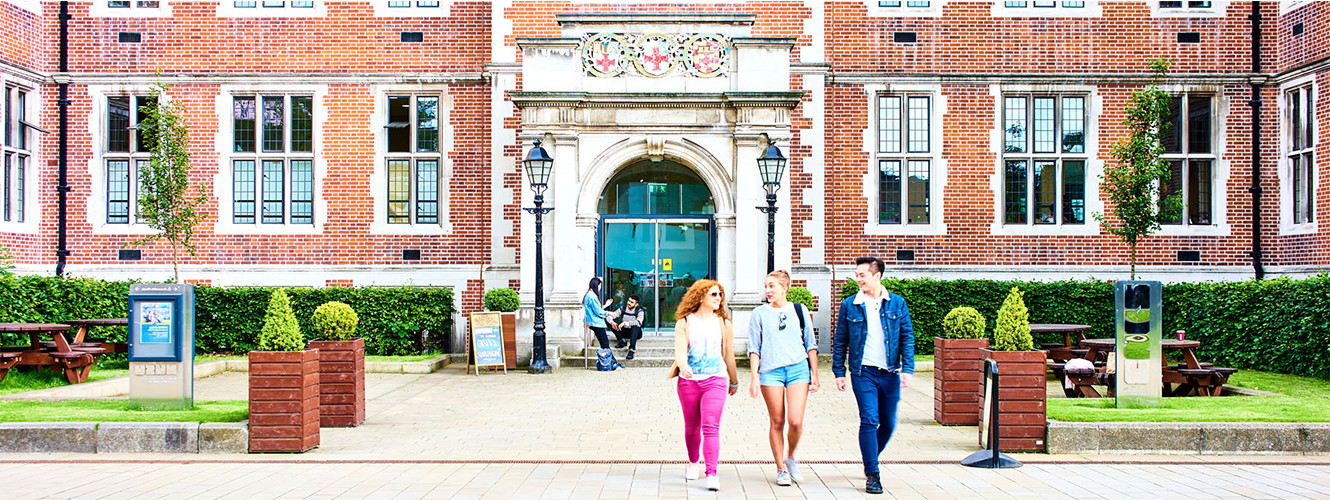UK92 MMus Music Newcastle University
-
THÔNG TIN CHUNG
Practitioners are able to study in areas such as performance, composition, studio-based work, improvisation, sound-art and mixed media – focusing in any one of these or blending them according to their creative needs. Musicologists are able to study in areas such as critical and cultural musicology, ethnomusicology and world music, folk music studies, early music, popular music studies, and music theory and analysis. It is also possible to combine practice-based and musicologically orientated projects.
The Music Masters Research Training module teaches essential skills and methodologies for the rest of the research-focused course. A series of four Elective Projects allows you to pursue research selected from a range of topics taught in staff-led seminar groups, or undertake supervised solo study in practice-based or musicological research.
The list of projects varies from year to year, but the following is a typical menu:
- Debates in the Philosophy and Theory of Music
- Popular Music and the Politics of Authenticity
- Advanced studies in Musics of the Holocaust
- Popular Music before Sound Recording
- Advanced Studies in Ethnomusicology
- Wild Pop
- Indian Music for Postgraduates
- Studies in Early Music
- Case Studies in Music History
- Popular Music Policy: Context and Case Studies
- Music Analysis for Postgraduates
-
ĐIỀU KIỆN ĐẦU VÀO
A 2:1 honours degree, or international equivalent, in music or a related subject.
We will also consider applicants on an individual basis with degrees in other areas and those with appropriate evidence of musical and general critical knowledge and ability.
- ĐIỀU KIỆN NGÔN NGỮ
- HỌC BỔNG
- ĐỊA ĐIỂM
Tóm tắt
-
Phí ghi danh
0
-
Độ dài khoá học
1 năm
-
Kỳ nhập học
Tháng 9
Phí Cơ Bản
-
Loại Tiền
-
Học Phí
Trên năm -
Phí Sinh Hoạt
Trên năm -
Tổng






